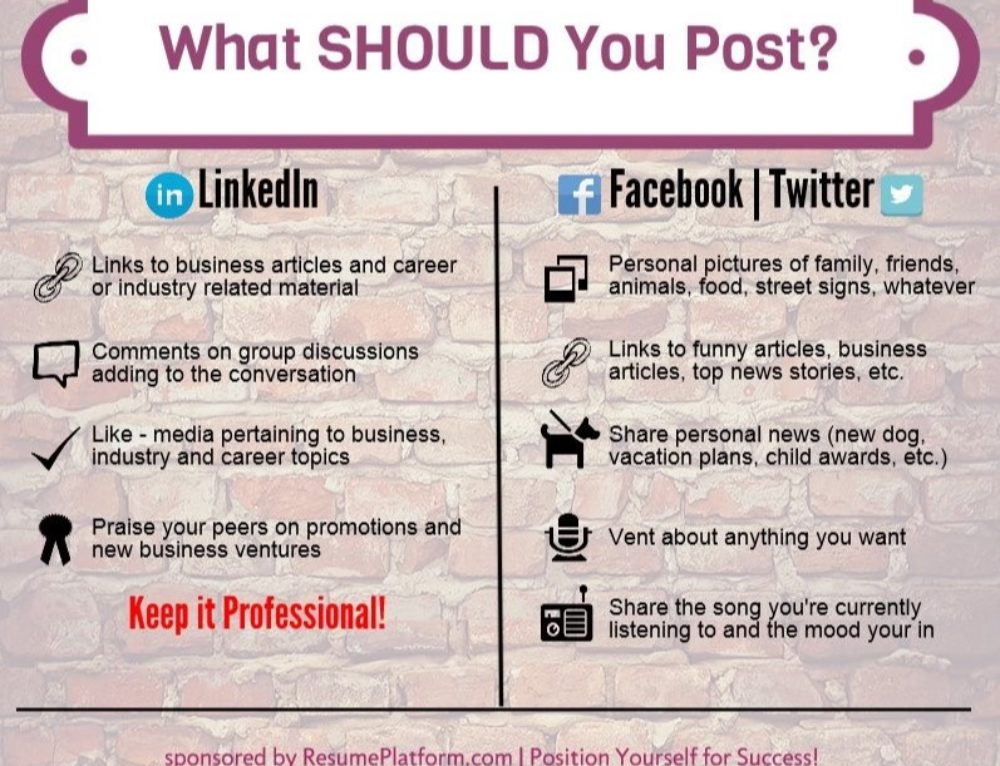There are a multitude of reasons why someone might have a gap in their job history and some are easier to explain than others, but no matter your reason you need to be able to answer questions that are centered around your period of unemployment. Your resume is your first impression so why not use it to address your job history issues without drawing attention to it. Here are just a few of the many scenarios we encounter as resume writers and career professionals on a daily basis.
Continuing Education
This is by far the simplest one to explain. You can avoid the question altogether by including dates attended/graduated on your resume; however, it’s typically not necessary and can be inferred by your next level job responsibilities and/or industry changes.
Personal Leave of Absence
Now this is where it can get a little more tricky, a personal leave can include anything from the birth of a child, family/medical emergency, or relocation. On a resume, when possible try to avoid a chronological format and present your job history in a functional format as to not draw attention to the gap in years. During an interview be careful not to appear to be an “over-sharer” as this can deter a future employer from hiring you.
Involuntary Absence for the Workforce
It happens to the best of people and if roles that you are seeking are scarce, you can expect to have a large time of unemployment. On paper you can fill up that time and should fill up that time with volunteer opportunities, independent consulting (if it applies) or serving on a community council to name a few. As with a personal leave of absence, if the length of time is long, you can choose a functional versus chronological resume.
Voluntary Separation
Now, it’s highly recommended that you have another job lined up before you separate from your current one; however, in some cases this is just not possible. The same rules apply as involuntary termination, you might have a long period of unemployment and need to fill up your time with other ventures (paid or not). Be wise and don’t accept positions you know you will be leaving because those positions create a red flag on your resume for potential employers.
Retirement
Yes, there is a small population of people that retire and then choose to re-enter the workforce either for personal or financial reasons. This type of gap in job history is usually small (up to one year); but if not handled appropriately on a resume it can pose many questions to a potential employer regarding your intentions to retire again. On a resume and cover letter avoid using the phrases “retired” or “re-entering the workforce.”
As mentioned, there are many more reasons why you might have a gap in your work history and you can craft your resume to limit drawing attention to it. Unfortunately, your resume cannot answer your questions for you so if you have an unusual scenario leave a comment and we’ll try our best to come up with a solution that works for you.



Leave A Comment